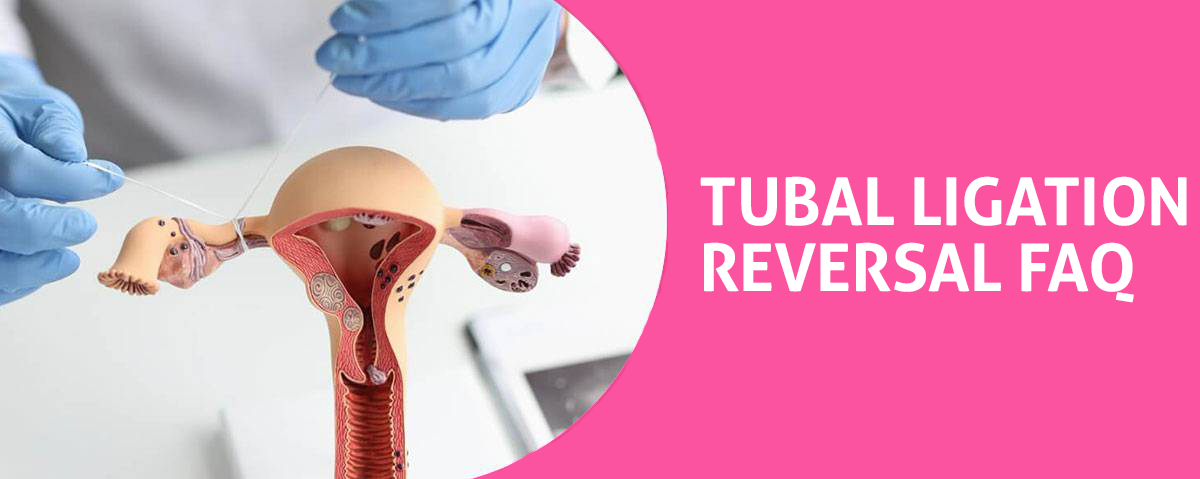After Tubal Ligation Reversal Surgery Why Wait to Try and Get Pregnant?
Just had a tubal ligation reversal surgery, haven’t you? You’re probably eager to start growing your family right away. But why the advice to wait before trying to get pregnant? It’s not just about being ultra-cautious, there’s more to it. In this article, we’ll explore the recovery process, fertility restoration timeline, and risks of early conception attempts, helping you understand why patience might just be your best ally on this journey.
The Healing Process Post-Surgery
After undergoing tubal ligation reversal, you’ll need to allow your body time to heal before attempting to conceive. The healing process post-surgery is crucial and requires utmost attention to recovery precautions. Proper post-operative care is essential for a successful outcome. You may experience some discomfort, swelling or bruising after the surgery, which is normal. It is vital to follow the prescribed medication routine and attend all follow-up appointments. This ensures your body is healing as expected and reduces the risk of complications. Also, rest is critical during this period, so make sure you’re getting ample sleep. Remember, rushing into conception without giving your body enough time to recuperate can jeopardize your chances of pregnancy. Be patient with your body; it’s doing important work.
Fertility Restoration Timeline
So, how long does it actually take for your fertility to be restored after tubal ligation reversal surgery? The timeline can vary, largely dependent on factors like age, overall health, and the type of procedure performed. But generally, post-reversal ovulation begins within a few weeks of the surgery. Hormonal adjustments start to take place, signaling your body to prepare for potential pregnancy. However, it’s important to wait until your doctor gives the go-ahead before trying to conceive. This waiting period allows the body to fully heal, ensuring the reversal is effective and reducing potential risks. To conclude, while individual timelines may vary, you can usually expect fertility restoration to take a few weeks post-surgery, following the resumption of ovulation and hormonal adjustments.
Risks of Early Conception Attempts
Often, you’re eager to start your journey towards motherhood right after surgery, but rushing into conception attempts can present significant risks. The body needs time to heal fully from the procedure to prevent post reversal complications. These can range from infection and excessive bleeding to damage in the surrounding organs. Trying to conceive too soon may increase the likelihood of an ectopic pregnancy, a dangerous condition where the fertilized egg implants outside the uterus. Therefore, it’s important to discuss contraceptive alternatives with your healthcare provider to prevent early conception. These can include barrier methods like condoms or diaphragms, hormonal methods like the pill, or natural methods. By waiting for the recommended time, you’re ensuring a safer and healthier pregnancy journey.
Other Popular Questions About Tubal Ligation Reversal:
How Dangerous Is Tubal Ligation?
How Common Is Weight Gain After Tubal Ligation?
How Common Is Tubal Ligation Failure?
How Common Is Regret After Tubal Ligation?
How Common Is Recanalization After Tubal Ligation?
How Common Is It to Get Pregnant 7 Years After a Tubal Ligation?
How Can You Tell if Your Tubal Ligation Failed?
How Can You Still Have Periods After Tubal Ligation Anatomy?
How Can You Have a Period After Tubal Ligation?
How Can I Tell What Type of Tubal Ligation I Had?
How Can I Reverse Tubal Ligation?
How Can I Prevent Early Menopause After Tubal Ligation?
By using this webiste you agree to Terms and Conditions
